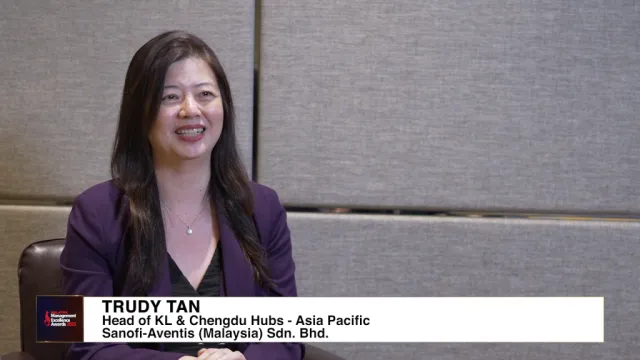
1 in 2 Singaporeans say communication is excellent amongst insurers
89% said communication is important to their overall customer experience.
Nearly half of Singaporeans rated customer communications from insurers, banks, and healthcare providers as good or excellent, according to a Smart Communications report.
However, 63% said they would switch to another provider if communication standards were not met, revealed the 2025 Customer Experience Benchmark report based on a global survey of 3,000 consumers.
Meanwhile, 89% of respondents considered communication important to their overall customer experience.
The research found that whilst Singaporean consumers increasingly accept the use of artificial intelligence in insurance, financial services, and healthcare, they remain dissatisfied with inconsistent omnichannel communication and outdated data intake processes.
Attitudes toward artificial intelligence (AI) have improved. In Singapore, 60% of consumers said they would find value in AI-generated insurance plan suggestions, 58% welcomed AI-powered financial advice, and 62% supported AI making health recommendations.
Concerns over data privacy and ethics have also declined, with only 22% and 23% of respondents, respectively, expressing hesitation.
The number of people demanding disclaimers for AI use in communication dropped from 77% in 2024 to 37% in 2025.
Despite increased comfort with AI, only 15% of Singaporeans believe generative AI outperforms humans in crafting customer communication content.
Nearly half (46%) said all AI-generated content should be reviewed by a human before use.
Satisfaction with omnichannel experiences remains low. Only 54% of consumers globally were satisfied with the quality of omnichannel communications, whilst 66% of Singaporean respondents said consistent experiences across channels would increase their trust in a company.
Preferences also vary by age: 48% of Silent Generation respondents preferred email, compared to 39% of Generation Z.
Across all demographics, print was the least preferred method at just 12%.
Poor form design is another key issue, especially amongst younger consumers. A difficult data intake process would lead 66% of consumers—including 73% of Millennials and 71% of Gen Z—to abandon an interaction.
Consumers ranked speed and simplicity as their top priorities when filling out forms.
Additionally, 63% said they preferred guided digital forms over fillable PDFs, and 77% said it was important for companies to offer digital alternatives to paper-based processes.



















 Advertise
Advertise










